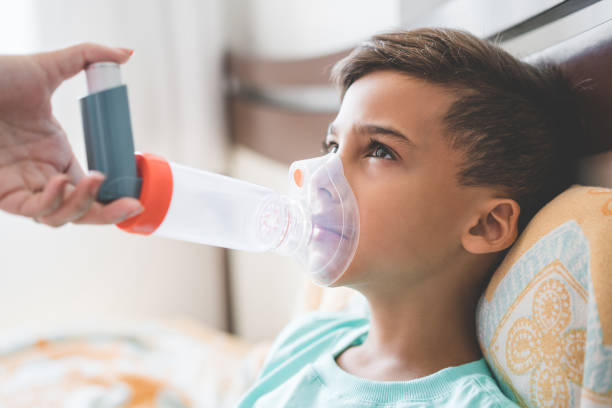

Colds: The common cold is a mild viral infection of the upper respiratory tract, primarily caused by rhinoviruses. It is highly contagious and spreads through droplets from coughing or sneezing, or by touching contaminated surfaces.
Flu (Influenza): The flu is a more severe viral infection caused by influenza viruses. It affects the nose, throat, and sometimes the lungs. The flu can lead to serious complications, especially in young children, the elderly, and those with compromised immune systems.
Parents should consult Dr. Sanjay Jain at Nitya Child Care and Vaccination Clinic in Indore if their child experiences:
Nasal congestion is one of the most common symptoms
Irritation and discomfort in the throat.
Persistent cough that may produce mucus.
Frequent sneezing episodes.
Low-grade fever, usually below 101°F (38.3°C).
General tiredness and lack of energy.
Sudden onset of high fever, often above 102°F (38.9°C).
Dry, persistent cough that can be painful.
Feeling very cold with episodes of shivering.
Extreme tiredness and weakness that can last for weeks.
Similar to cold symptoms but usually more severe.
evere muscle aches and joint pain.
Dr. Sanjay Jain and his team at Nitya Child Care and Vaccination Clinic in Indore provide effective treatments for colds and flu. While these viral infections typically resolve on their own, certain treatments can alleviate symptoms and promote faster recovery.
Cold Treatments:
Flu Treatments:
Colds and flu are common in children, but with the right care and preventive measures, their impact can be minimized. Dr. Sanjay Jain at Nitya Child Care and Vaccination Clinic in Indore provides expert care to help manage these viral infections effectively. By understanding the symptoms, treatment options, and preventive strategies, parents can ensure their children stay healthy and recover quickly from colds and flu. For more information or to schedule an appointment, visit Dr. Sanjay Jain at Nitya Child Care and Vaccination Clinic.
Copyright © 2023 pediatricianindore .